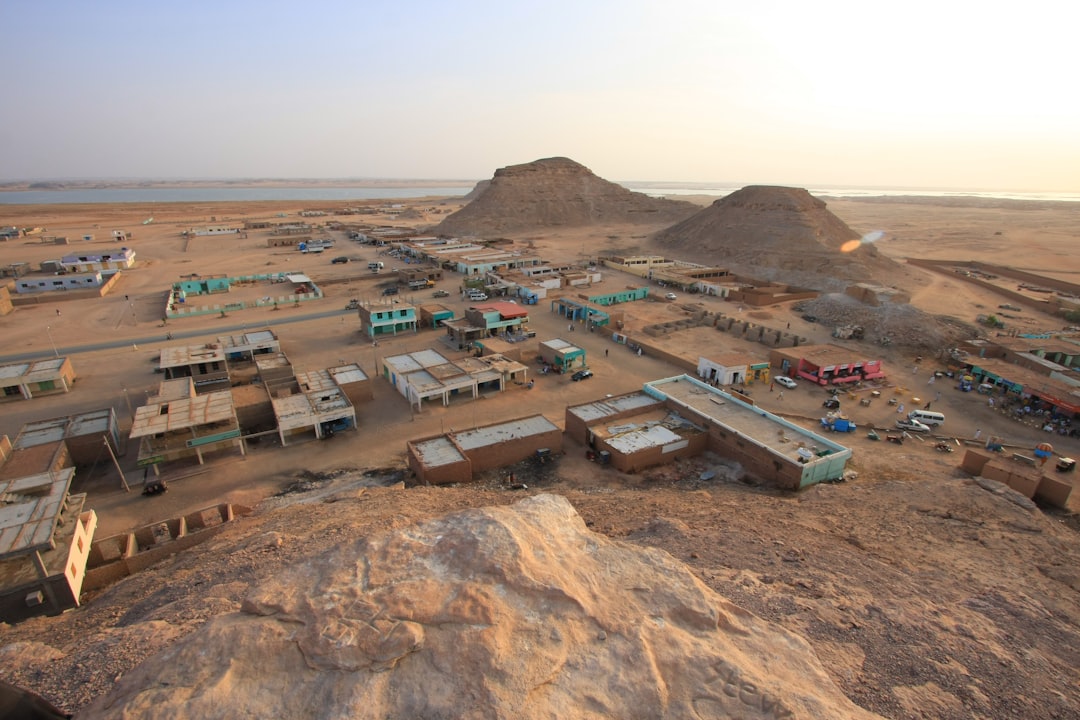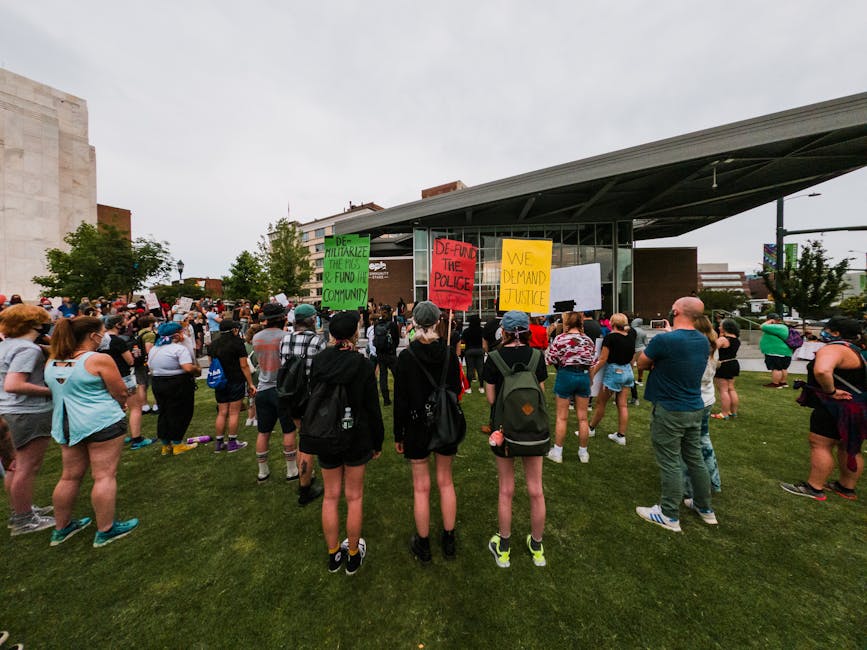Trump Promises ‘Full Cooperation’ to End Sudan’s Civil War
Former U.S. President Donald Trump has pledged “full cooperation and coordination” to help resolve Sudan’s brutal civil war, a conflict that has displaced millions and destabilized the Horn of Africa. His statement, released via his campaign team, comes as fighting intensifies between the Sudanese Armed Forces (SAF) and the paramilitary Rapid Support Forces (RSF), with over 15,000 lives lost since April 2023.
Trump’s History with Sudan
Trump’s involvement in Sudan dates back to his presidency (2017-2021), when his administration brokered the Abraham Accords and secured Sudan’s removal from the U.S. State Sponsors of Terrorism list—a move that enabled normalized ties with Israel. His renewed focus on Sudan suggests a potential resurgence in foreign policy engagement as he campaigns for the 2024 elections.
In his statement, Trump criticized the Biden administration’s handling of the crisis, asserting that “strong American leadership” is needed to mediate peace. “The world cannot afford to ignore Sudan’s suffering,” he said.
Why Sudan’s Conflict Matters Geopolitically
Sudan’s strategic location—bordering the Red Sea and multiple conflict-prone nations—makes it a focal point for global powers. The war has drawn interference from Russia’s Wagner Group (supporting the RSF) and Egypt (backing the SAF). The U.S., China, and Gulf states also have stakes in Sudan’s gold, oil, and trade routes.
Analysts speculate that Trump’s pledge may be an election strategy. “Trump is positioning himself as a peacemaker where Biden has faltered,” said Dr. Priya Nair, a geopolitical expert. “But does he have a real plan, or is this just rhetoric?”
Obstacles to Peace in Sudan
Previous ceasefire attempts by the U.S. and Saudi Arabia have failed. The RSF, accused of ethnic cleansing, controls key areas like Khartoum, while the SAF demands preconditions for talks. Humanitarian conditions are dire, with 8 million displaced and famine risks rising.
How Trump’s Strategy Could Unfold
Trump’s past foreign policy was marked by unconventional tactics, suggesting he might:
1. Leverage Gulf alliances (e.g., UAE, Saudi Arabia) to pressure warring factions.
2. Offer economic incentives, like sanctions relief, to encourage negotiations.
3. Confront Wagner’s role, given his adversarial stance toward Russia.
Critics warn that Sudan’s deep-rooted ethnic divisions require more than transactional deals. “Peace needs a long-term vision, not just a headline,” said Sudanese analyst Ahmed Musa.
Biden’s Next Move and 2024 Implications
The Biden administration has condemned atrocities but lacks a major breakthrough. Trump’s move could force Biden to act—or risk appearing weak on foreign policy ahead of the election.
As the 2024 race intensifies, Sudan may emerge as an unexpected battleground in U.S. politics. For now, millions of Sudanese remain trapped in a war with no resolution in sight.
Follow our coverage for updates on Sudan’s crisis and U.S. diplomacy.
(Word count: 600)




